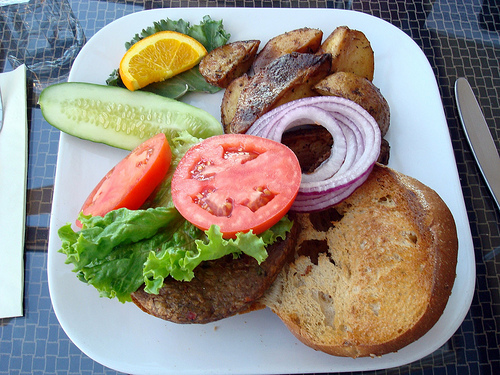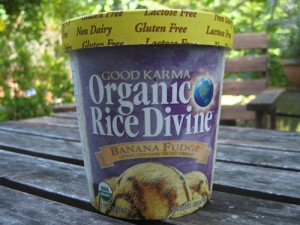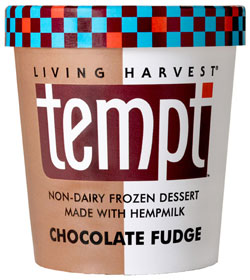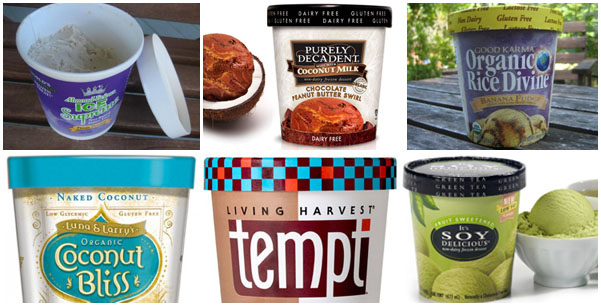Table of Contents
Are you a vegan seeking to enhance your physical performance, muscle growth, and cognitive abilities? If so, creatine is the key ingredient missing from your diet.
As plant-based diets lack natural sources of this essential nutrient, supplementing with vegan-friendly options is crucial for optimal results. Dive into our blog post to learn all about creatine’s importance in the body, vegan food sources that provide trace amounts, and how to choose the best supplements tailored to your lifestyle.
Creatine And Its Importance For The Body
Creatine is an essential nutrient that plays a crucial role in energy production, cell growth and repair, and brain function.
Furthermore, it supports the body’s nervous system. An adequate supply of creatine is necessary for nerve cells to function optimally. Research has indicated a correlation between creatine and the neurotransmitter system, suggesting its role in regulating mood and reducing neurological disorders such as depression and anxiety.
Creatine’s importance extends beyond physical performance enhancement. It aids in cellular function, contributing to better cellular efficiency and recovery. The compound is involved in various biological processes, such as mitochondrial health, which in turn, aids in preventing cellular damage and promoting longevity.
For instance, creatine assists in regulating cellular calcium levels, which are crucial for various cellular processes, including signal transduction and mitochondrial function. Plus, it supports the reduction of oxidative stress within cells, thereby contributing to anti-aging effects.
Creatine is also essential for DNA replication and repair, thus supporting cellular integrity and reducing the likelihood of DNA damage. This attribute further enhances its role in promoting longevity and maintaining overall health, especially among vegans who may lack adequate creatine levels due to their dietary habits.
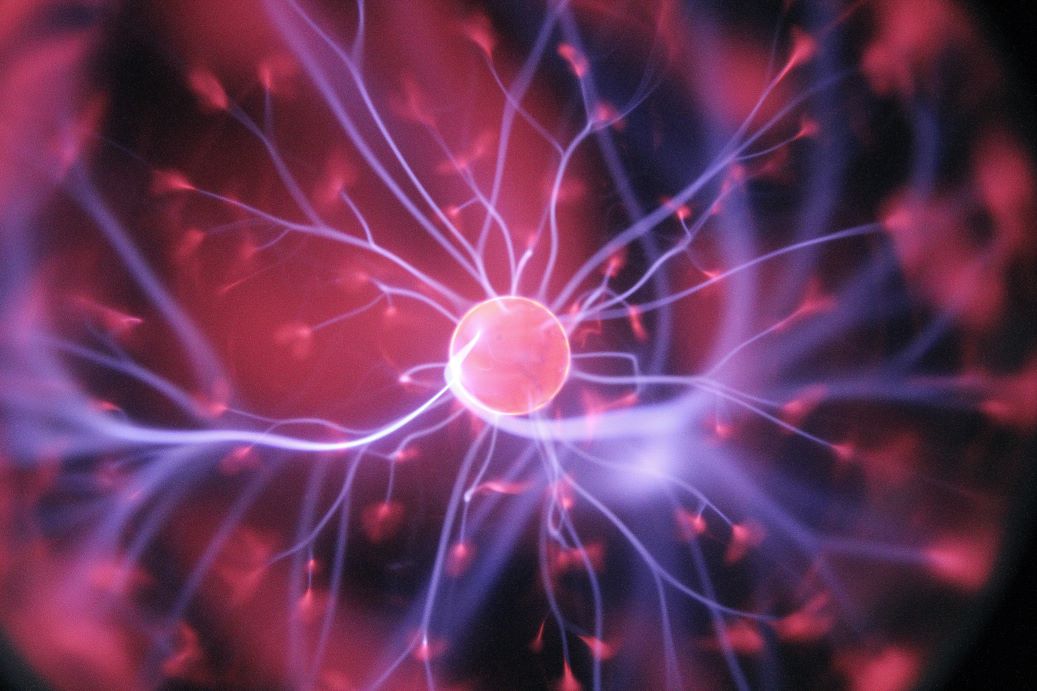
Energy Production
Energy production is a crucial process that keeps our bodies functioning optimally, allowing us to perform daily tasks and engage in physical activities.
This plays an integral role for professional athletes and individuals who simply aim to maintain a consistent fitness regimen. Whether it’s increasing endurance for cardiovascular activities like running or cycling or maximizing power output for strength-based exercises such as weightlifting, creatine can be a pivotal component of fitness advancement.
Also, creatine improves muscle strength by promoting muscle hypertrophy. It helps increase water content in muscle cells, leading to cell volumization. This enhanced muscle volume can significantly increase muscle size and strength, beneficial for weightlifters and athletes focusing on muscle growth.
In addition, the increase in phosphocreatine stores in the muscles due to creatine supplementation allows for a quicker replenishment of ATP, thereby providing a substantial energy reserve.
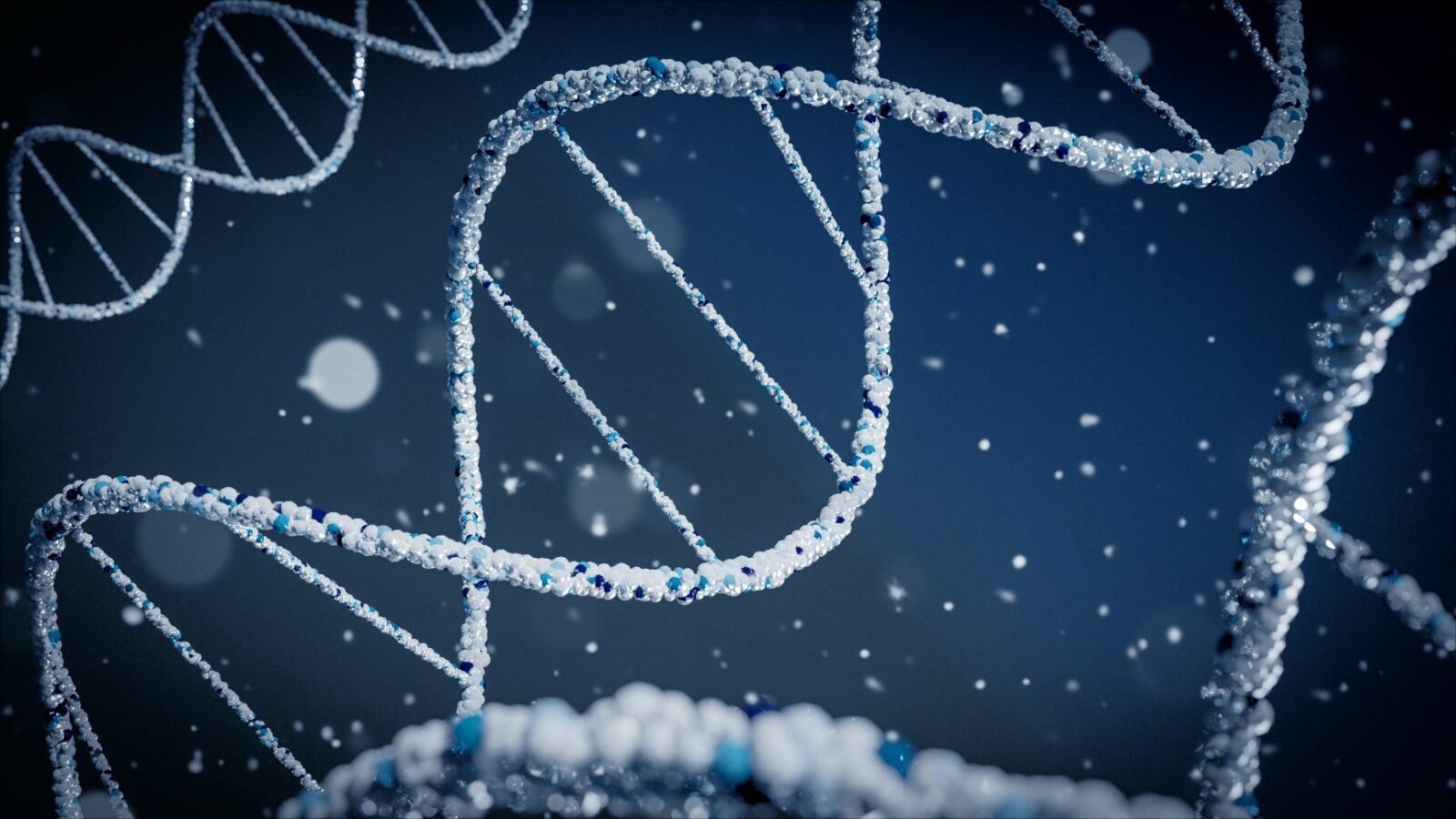
Cell Growth And Repair
Creatine plays a vital role in cell growth and repair, making it particularly important for athletes or individuals engaged in intense physical activity. By increasing the availability of adenosine triphosphate (ATP) – our body’s primary energy source – creatine helps fuel muscle cells during high-intensity workouts or heavy lifting sessions, allowing for greater power output and more efficient recovery periods.
In periods of stress and injury, creatine aids in the regeneration and remodeling of skeletal muscle. These benefits extend to individuals recovering from muscle damage or those undergoing physical therapy.
Creatine has been shown to stimulate the release of anabolic hormones such as insulin-like growth factor 1 (IGF-1), which promotes protein synthesis and supports overall cell health.
Additionally, creatine can be beneficial in preventing muscle atrophy and promoting muscle growth during aging, which can be particularly beneficial for older individuals aiming to maintain muscle mass and strength.

Brain Function
Creatine serves as a primary energy source for the brain, helping to fuel critical processes such as memory, learning, and decision-making.
A growing body of research demonstrates the potential benefits of creatine supplementation on cognitive functions. For example, studies have shown that individuals with higher creatine stores in their brains exhibit increased memory capacity and quicker reaction times than those with lower levels.
By promoting cellular energy balance in brain cells, creatine supplementation may also help enhance neural communication. This can result in improved attention span, increased mental clarity, and enhanced problem-solving abilities, which could benefit individuals in academically or mentally challenging roles.
Vegan Food Sources Of Creatine
Soybeans, pumpkin seeds, and nuts are great vegan sources of creatine.
Soybeans
Vegans and vegetarians can get their daily dose of creatine by consuming protein-rich soy-products.
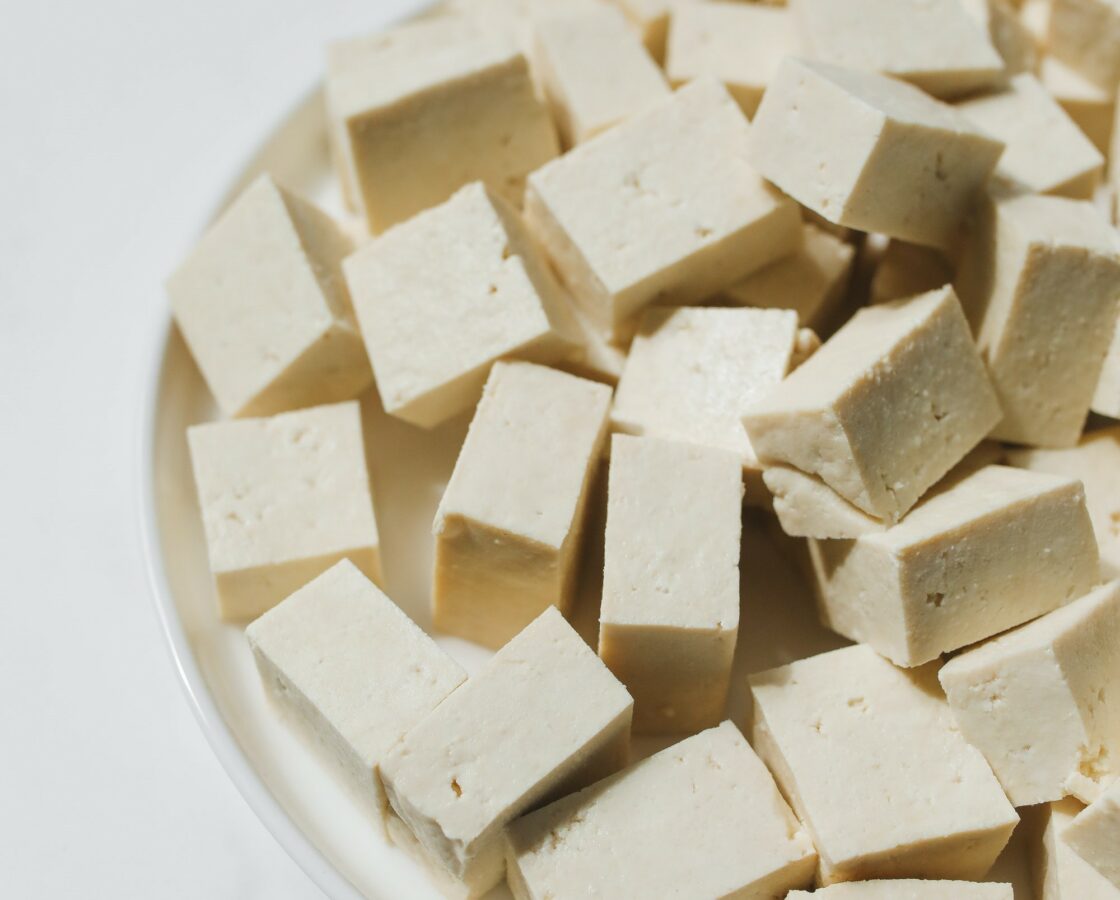
Tofu and Soybeans
Consuming soy or its products like tofu, tempeh, or edamame is an excellent way for vegans to replenish their muscle stores adequately.
Soybeans are also rich in antioxidants, making them great for reducing inflammation and protecting against oxidative stress.
Pumpkin Seeds And Nuts
Pumpkin seeds and nuts are excellent sources of vegan-friendly creatine, making them a great addition to any plant-based diet. They hold the highest concentration of arginine, which is necessary for creating creatine in the body.
Not to mention, pumpkin seeds and nuts boast a high content of healthy fats and fiber, making them excellent for promoting heart health and managing weight.
Furthermore, these foods offer an array of essential micronutrients, including magnesium, zinc, and vitamin E, as well as a host of powerful antioxidants that promote overall health and combat oxidative stress.
The essential fatty acids found in nuts and seeds, such as omega-3 and omega-6, also contribute to brain health, heart health, and inflammation reduction.
As a part of a well-planned vegan diet, these foods can contribute to optimal health by offering a wide range of vital nutrients, including trace amounts of creatine. However, it’s important to note that these foods only provide trace amounts of creatine and may not suffice the needs of individuals with high-intensity workout regimens.
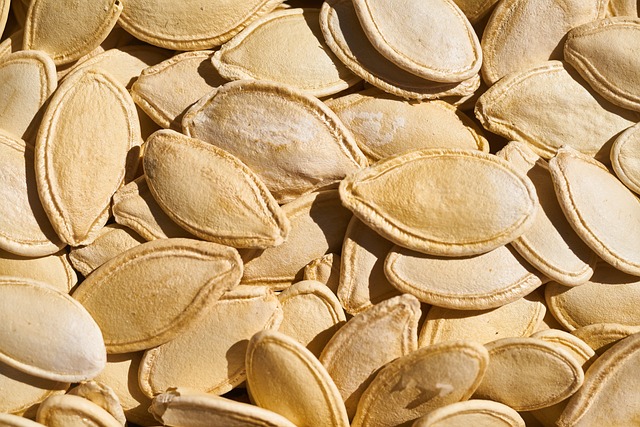
Pumpkin Seeds
Pumpkin seeds hold the highest concentration of arginine, which is necessary for creating creatine in the body.
Including these foods in your daily diet can help boost energy levels and enhance muscle mass. For instance, snacking on a handful of pumpkin seeds before hitting the gym helps support higher power output during high-intensity exercises and improves recovery time after workouts.
Vegan Creatine Supplements
Vegan creatine supplements, such as creatine monohydrate, provide a vegan-friendly option for those who struggle to get enough creatine through their diet alone.
Creatine Monohydrate Supplements
Creatine monohydrate is one of the most popular forms of creatine supplement available. It is widely used by athletes and bodybuilders to enhance their performance, especially during high-intensity workouts.
Research has shown that supplementing with creatine monohydrate can increase muscle strength, power output, and overall athletic performance, making it an effective supplement for those following a vegan diet.
For best results, it’s recommended to consult with a healthcare provider or a nutritionist to determine the right dosage according to your specific needs and goals.
How The Body Synthesizes Creatine
The body predominantly synthesizes creatine in the liver and kidneys from three amino acids: arginine, glycine, and methionine.
This synthesis process depends on the availability of these amino acids, which can be obtained from dietary protein. However, the synthesis rate may be limited in vegans due to the lack of certain nutrients in their diet, hence the need for vegan-friendly creatine supplements.
The Link Between Diet And Creatine Intake
Being aware of the link between diet and creatine intake is crucial in helping one make informed dietary decisions. A balanced approach that combines dietary sources with appropriate supplementation can help ensure optimal creatine levels.
Awareness of other lifestyle factors affecting creatine synthesis, such as stress and sleep patterns, is equally important. It further emphasizes the need for a comprehensive approach to health and well-being.
The diet plays a crucial role in the body’s creatine levels. Creatine is mainly found in animal-based products, such as meat and fish, and is typically absent from vegan diets.
As a result, individuals following plant-based diets may experience low creatine availability due to insufficient intake of creatine from food. It means that if you’re a vegan or vegetarian, you’re most likely not getting enough creatine through your diet alone.
Vegan sources of creatine include whole grains and legumes like soybeans and pumpkin seeds. However, it may be challenging to obtain the appropriate amount of natural dietary sources of creatine required by the body; supplementing might be necessary.
Lifestyle Factors That Impact Creatine Synthesis
Certain lifestyle factors can affect the body’s ability to synthesize creatine, lowering creatine levels.
These elements work synergistically, not only for maintaining appropriate creatine levels but also for overall well-being. Exercise helps stimulate creatine uptake in the muscles, while a balanced diet provides the necessary precursors for its production. Similarly, adequate sleep and stress management are essential for the body’s recovery and repair processes, including creatine synthesis and utilization. Therefore, one should adopt a holistic approach to lifestyle habits to benefit from creatine and overall health.
Diet
A diet rich in animal products can provide a significant source of dietary creatine, but vegans and vegetarians may have lower levels of creatine in their bodies due to limited intake from food sources.
Exercise
Regular exercise has been shown to increase the synthesis of creatine in the body, leading to higher stores in muscles.
Sleep
Lack of sleep or poor sleep quality has been associated with reduced muscle creatine content.
Stress
Chronic stress may impair the body’s ability to synthesize creatine and reduce its stores in skeletal muscle.
Alcohol Consumption
Heavy alcohol consumption has been shown to reduce muscle creatine content and inhibit creatine synthesis in the liver.
FAQ
What are some vegan sources of creatine?
Plant-based foods like tofu and pumpkin seeds contain small amounts of naturally occurring creatine. However, to ensure sufficient intake, many vegans opt for creatine supplements derived from microbial fermentation.
Are vegan creatine supplements effective?
Yes, vegan creatine supplements, often sourced from non-animal ingredients, are effective at increasing muscle creatine levels, just like their animal-derived counterparts. They provide a suitable option for vegans and vegetarians looking to enhance their athletic performance.


